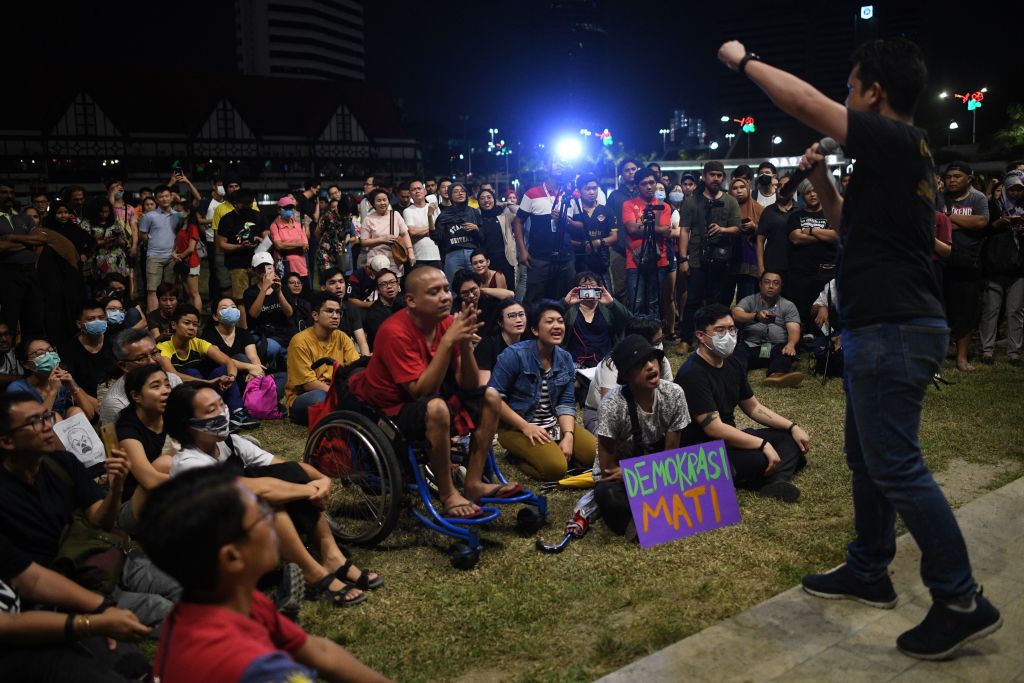Responding to news that Prime Minister Tun Dr Mahathir Mohamad has resigned but will stay on for an interim period to oversee the formation of a new government at the request of the King, Amnesty International’s Regional Director Nicholas Bequelin said:
“Changes in government in Malaysia must not stall vital human rights reforms. Up to now, the government’s commitment to human rights change has been slower than desired, but nonetheless commendable as first steps. Announcements such as the intent to limit the use of the death penalty, relax limitations on freedom of expression and peaceful assembly and undertake long-stalled police reforms were encouraging.”
“It would be disastrous for a new government to come into power and reverse this reform agenda. Any new leadership in the country must commit to fully respect, protect and fulfill all human rights. A litmus test will be the progression of crucial reform processes, including the abolition of the Sedition Act and the mandatory death penalty in full, as well as undertaking other rights reforms that were promised to the Malaysian people when they elected the government back in 2018.”
Background
On 24 February 2020, the King accepted Tun Dr Mahathir Mohamad’s resignation but asked Mahathir to continue leading the government for an interim period. It is not yet clear what new government will be installed.
The Malaysian United Indigenous Party (Bersatu) and 11 members of parliament from the People’s Justice Party have left the Pakatan Harapan Coalition, leaving the government without a legislative majority.


